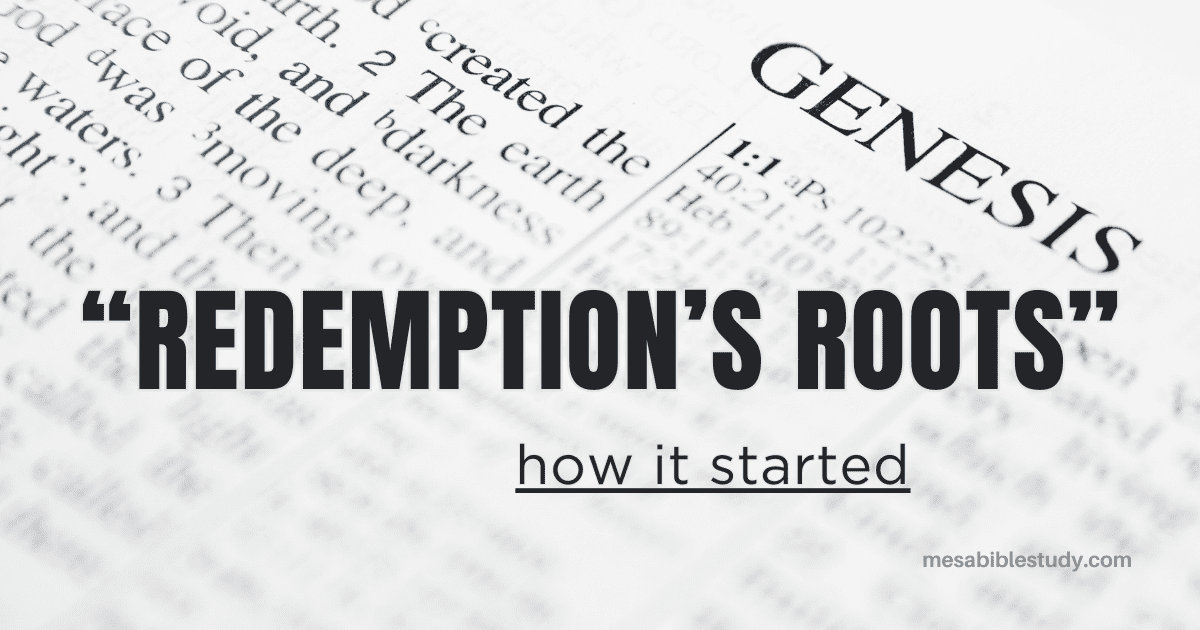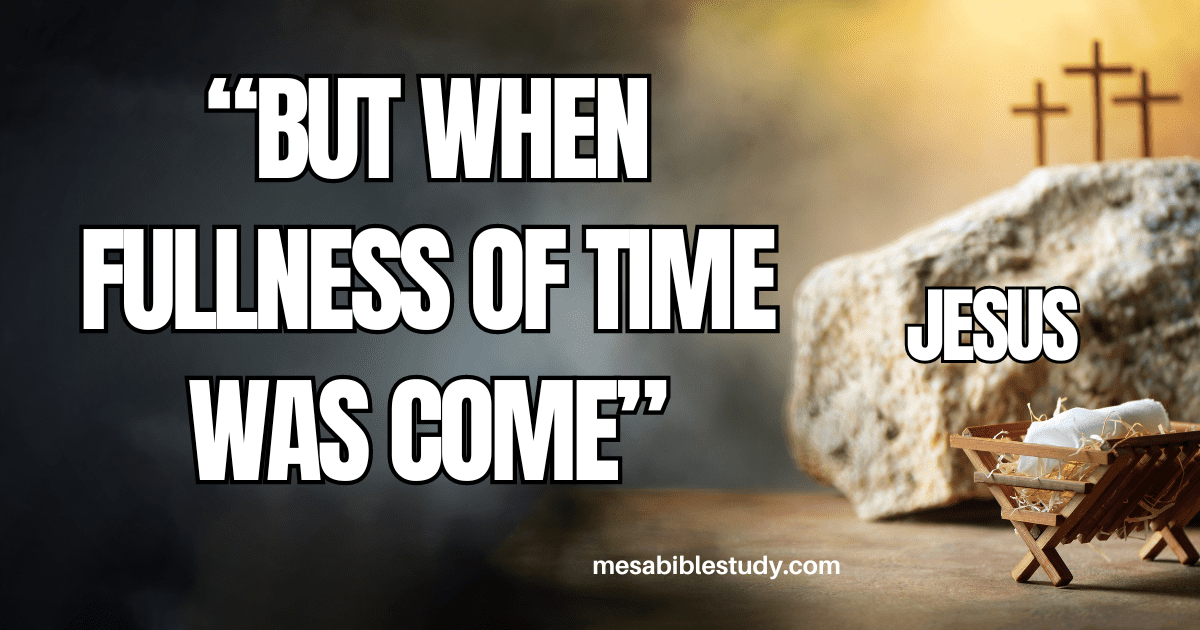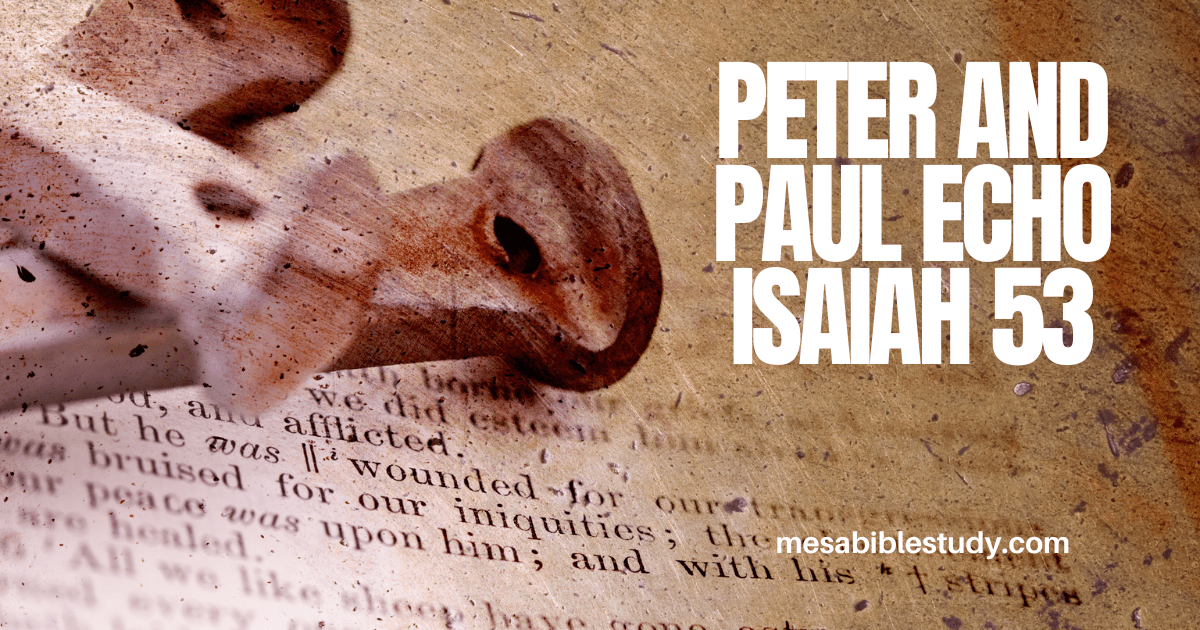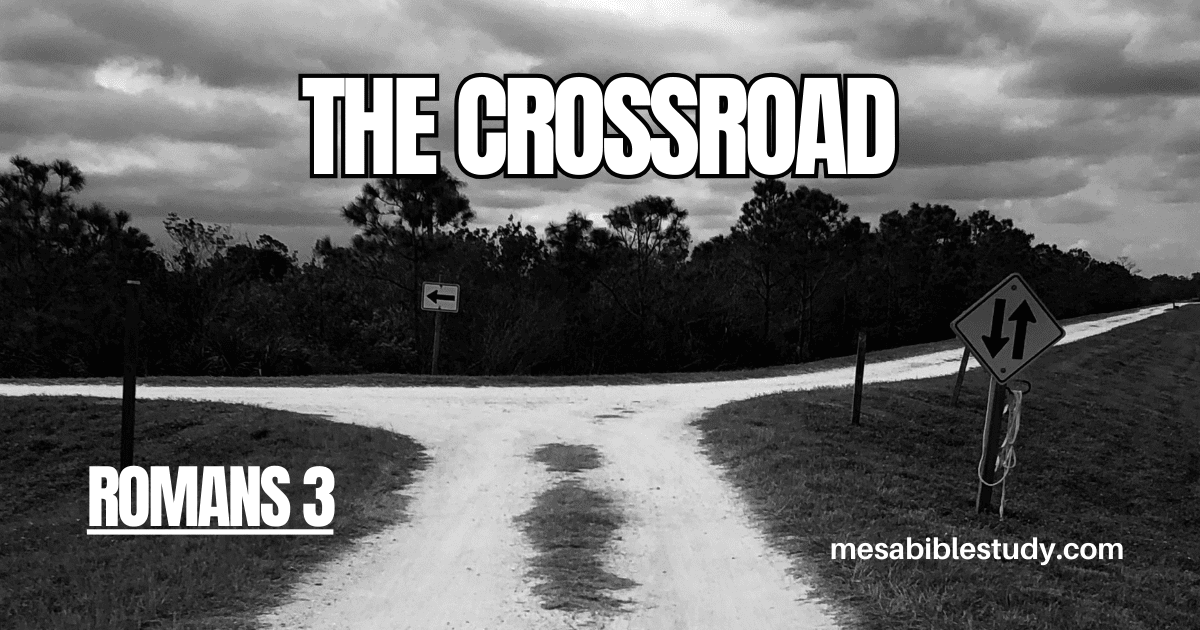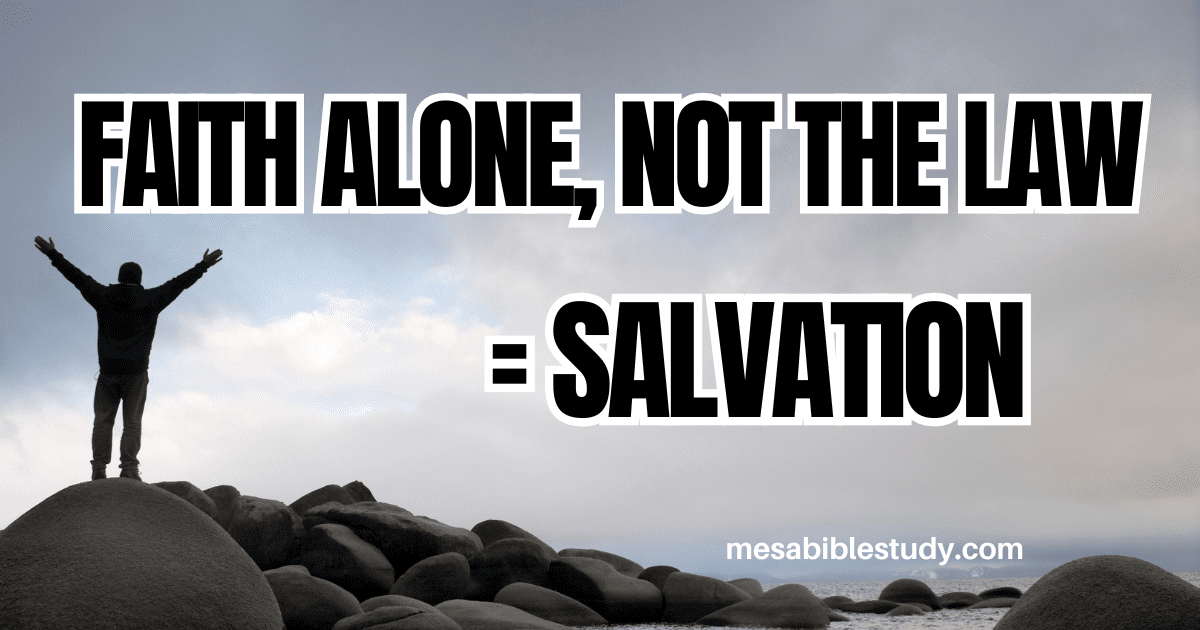A comprehensive understanding of the first 2000 years of biblical history is not just beneficial but essential. Without delving into these foundational years meticulously detailed in Genesis chapters 1–11, individuals will find themselves unable to unravel the…
Daily Encouragement
Christmas Joy: Celebrating the Impeccable Timing of the Birth of JESUS
At the exact time according to God’s timetable, the Savior of the world took on flesh and was born. ‘but when the fulness of the time was come, God sent forth his Son, made of a woman, made under the law, ‘ Galatians 4:4 ‘And…
Prophetic Harmony: Peter and Paul Echo Isaiah 53:4
Comparing Peter’s Epistle to Isaiah 53:4 In Isaiah 53:4, the prophet, writing 700 years before the cross, foretells the suffering of the Messiah: “Surely he has borne our griefs, and carried our sorrows: yet we esteemed him stricken, smitten…
The Crossroad of Condemnation and Redemption in Romans 3
The apostle Paul, in the book of Romans, clearly delineates a vivid contrast between the efficacy of the Law and the transformative power of God’s grace. In Romans 3:19–20, he unequivocally declares the Law’s role in bringing awareness of sin, silencing…
What “Things” Are We Conquerors Over? Romans 8:37
‘Yet in all these things we are more than conquerors through Him who loved us. ‘ Romans 8:37 What are the “things” to which Paul is referring? In Romans 8:37, the Apostle Paul refers to “yet in all these things” various challenging…
More Than Conquerors because Christ Conquered All
Be Encouraged Scripture: Romans 8:37 “Yet in all these things we are more than conquerors through Him who loved us.” If you haven’t noticed already, the life of a believer is a battlefield, where trials and tribulations come at us from every…
Luke Chapter 1: The Continuation of God’s Promises to Israel
Introduction Understanding the context of Luke Chapter One is vital. Rather than rushing ahead to what was revealed to the apostle Paul, a common mistake in most of Christendom, it’s essential to grasp the Bible’s progressive revelation. Properly…
The Gospel Truth: Faith, Not Law (works), Brings Salvation
‘Therefore by the deeds of the law no flesh will be justified in His sight, for by the law is the knowledge of sin.’ Romans 3:20 Introduction: In Romans 3:20, the Apostle Paul emphatically declares that no one can be justified (saved) by…
Navigating Life’s Storms: Finding Peace in God’s Promises
In the tough times we face, it’s like being caught in a never-ending storm where everything feels heavy and overwhelming. But guess what? We have something incredible to hold on to—God’s promises. The Bible verses below (5 from the Old Testament and 5 from…
Positioned in Christ with God: Live Fearlessly
In the powerful words of Colossians 3:3, the apostle Paul unveils profound truths that would take a lifetime to unpack, but what stands out and is made clear is our position as believers the instant we believe the gospel—hidden with Christ in God. Studying and…
